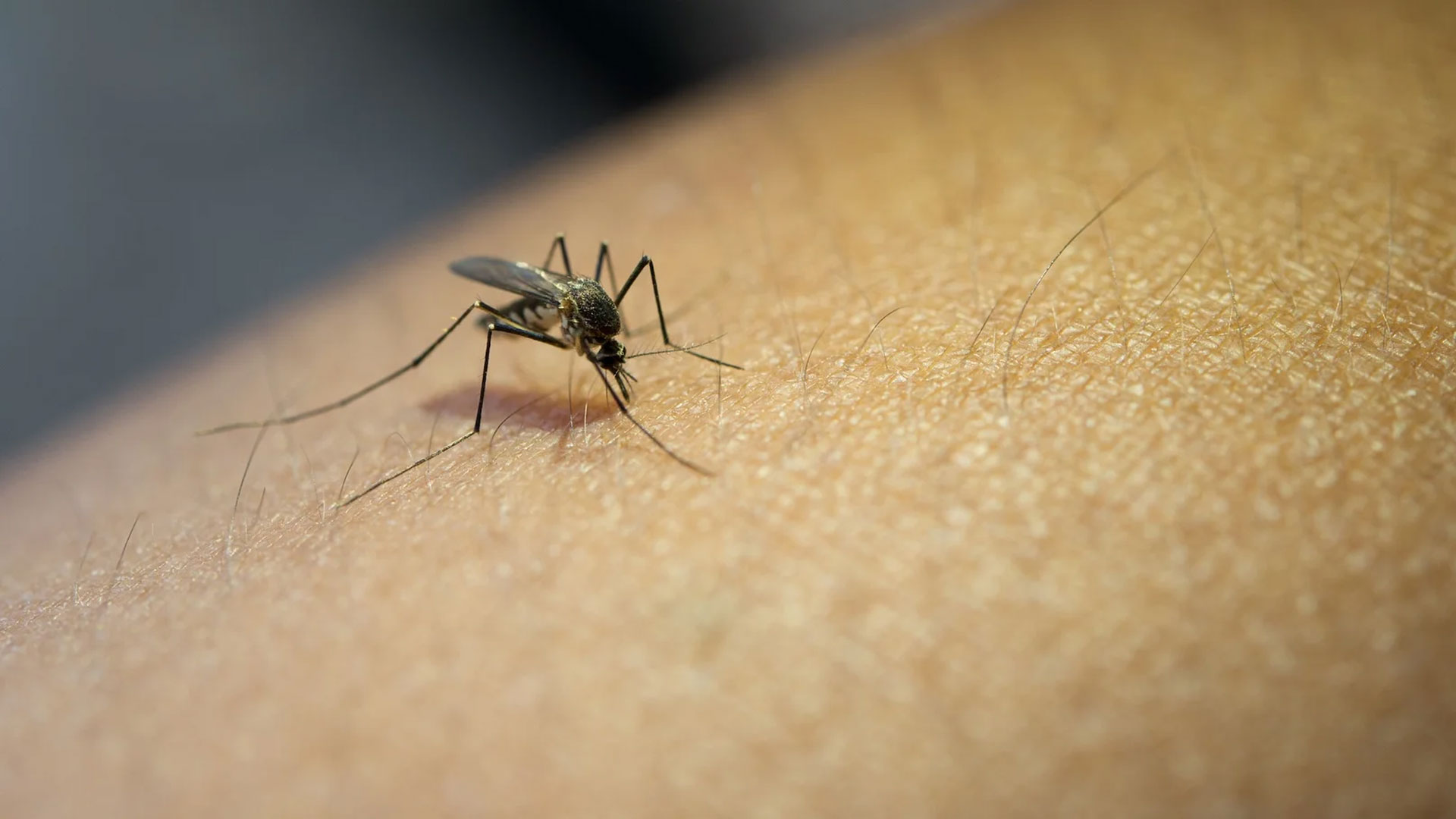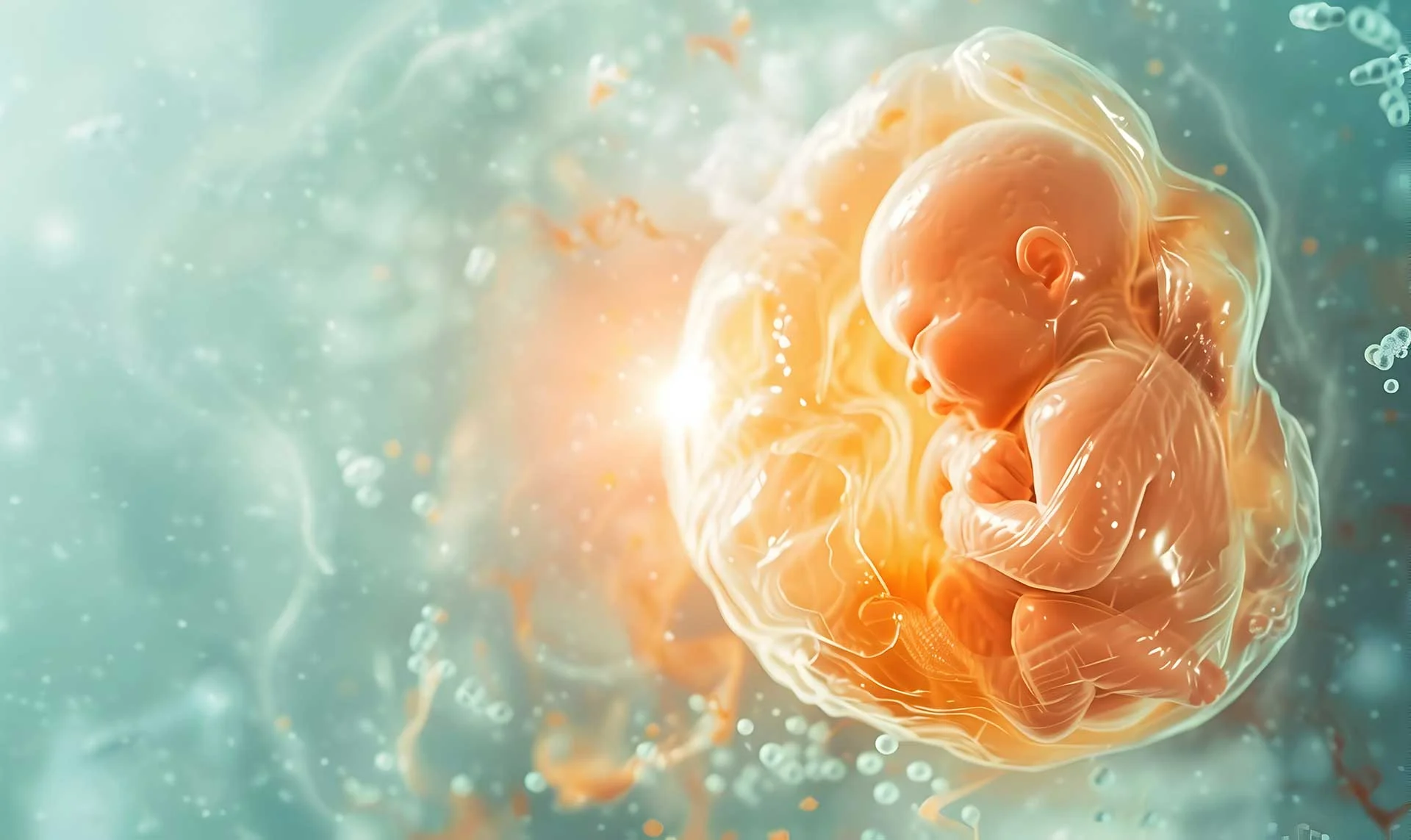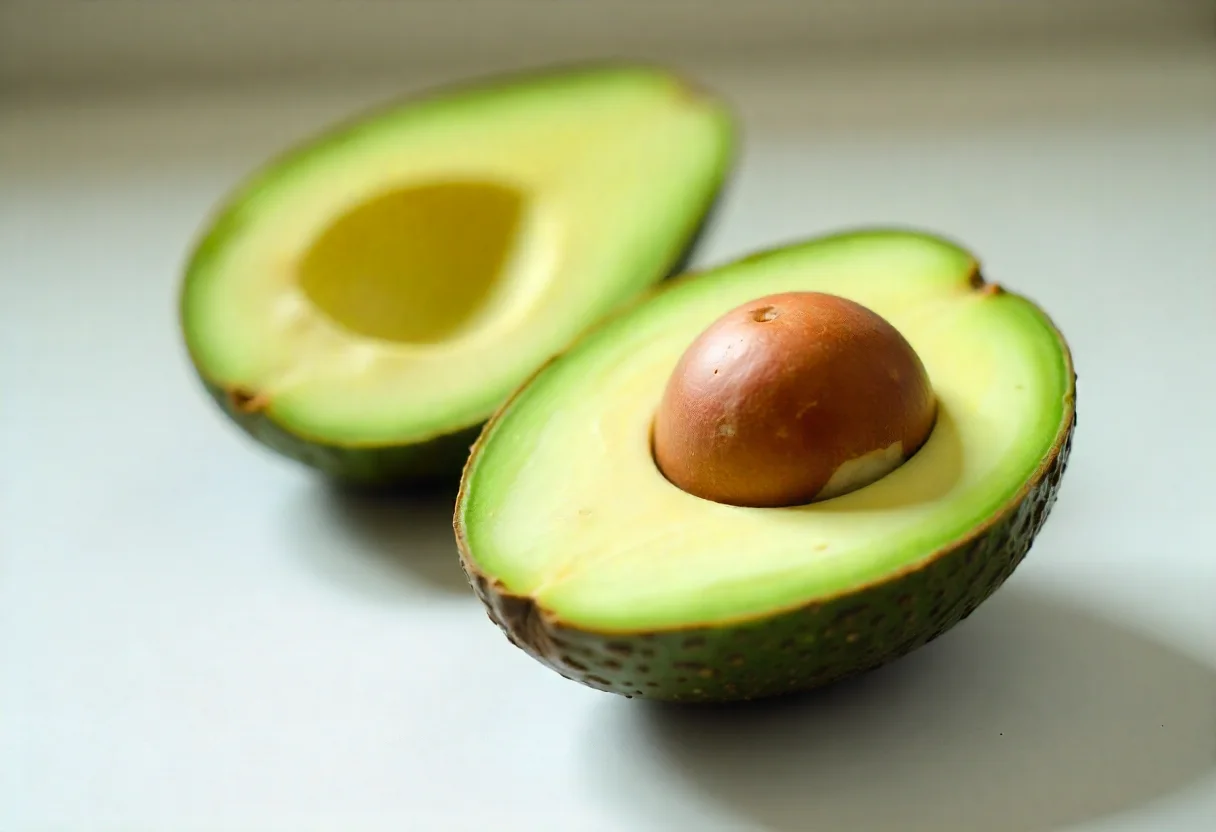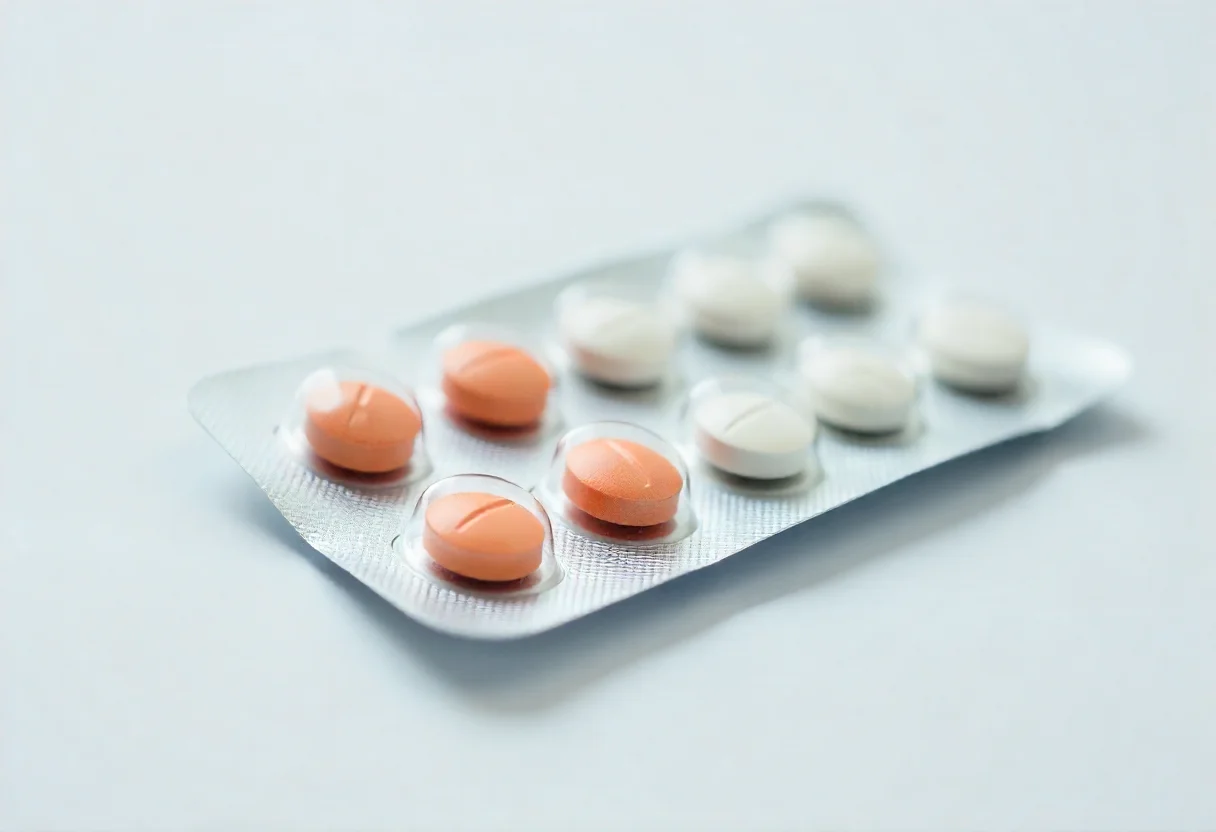
These are the areas above the eyebrows in the head area, covering our eyes, jaw muscles, teeth, and neck muscles.
- Subtypes of migraine, including chronic migraine.
- Tension type headache.
- Trigeminal autonomic cephalalgias (TAC).
- Other common primary headaches.
- Headache due to medication use.
- Headache attributed to head and/or neck trauma; trigeminal neuralgia and other cranial neuralgias.
- Headache attributed to temporomandibular joint (TMJ) disorders.
- Trigeminal neuralgia and other cranial neuralgias.
Parts of our head such as eyes, ears, nose, sinuses, mouth, and teeth can alone cause pain. Headache may be a sign of another disease, or it may represent a disease, such as migraine, without any other cause. Headaches usually have one or more causes and triggers. These triggers can be chronic diseases, stress, hunger, water intake, weather changes, menstrual period, or a bad night's sleep.
It has been shown that stress most commonly causes tension-type headaches. Diseases that cause tension headaches are anxiety and depression. Eating and sleeping disorders that occur with these diseases explain the patient's headache and the behaviors he exhibits while experiencing headaches. A study conducted in 2023 examined patients' eating attitudes toward headache attacks. Identifying that patients may turn to unhealthy eating behaviors to cope with their pain, as well as comorbid psychiatric diseases in patients; It has been revealed that headaches can shape clinical processes, prognosis, and treatment steps.
Headaches may develop due to low blood pressure. The amount of water we consume daily is of great importance in keeping blood pressure constant. Our daily water intake is stated as 2-2.5 liters on average in the sources.
Headache is generally seen as the third most common side effect in studies conducted after the administration of COVID-19 vaccines. Headache was detected in 22% of the subjects after the first vaccine dose and in 29% after the second dose. Some results show that it begins within the first 24 hours and in about a third of cases the headache causes migraine-like features, phonophobia, and photophobia with a pulsating quality. The majority of patients were taking medications to treat headaches and reported that the most effective medication was acetylsalicylic acid.
If you experience headaches every day or more than a few days a week, you may be experiencing chronic headaches. Chronic headaches are a condition that limits us in our daily lives, and you may have ongoing diseases underlying this situation. Ensuring our current state of well-being and keeping our chronic diseases under control reduces our chances of experiencing chronic headaches. You can see that your headache and even other symptoms you experience decrease with a regular life, balanced diet, stress control, and simple exercises.
- Patients receiving symptomatic medications not recommended for the treatment of headaches (especially ergotamine, opioids, and drug combinations) should be closely monitored.
- It is important to stop taking excessive medication. However, the data we have shown that early preventive treatment with topiramate, OnabotA, or monoclonal antibodies that bind to CGRP ligand or CGRP receptor is more effective, especially in migraine patients.
- Non-pharmacological approaches such as behavioral therapy, stress coping strategies, and regular exercise can be effective in overcoming drug addiction.
- Patients with a drug addiction should be treated in headache units under the supervision of a doctor.
- A sudden headache that feels like a blow to the head
- A headache with fever
- Headache with convulsions
- A persistent headache following a blow to the head
- Headache with confusion or loss of consciousness
- Headache with eye or ear pain
- A relentless headache when you didn't have a headache before
- An excruciating headache
1. Castaldo M, et al. Headache onset after vaccination against SARS-CoV-2: A systematic literature review and meta-analysis. The Journal of Headache and Pain. 2022 23(1): 41.
2. Diener H, et al. Guidelines of the International Headache Society for controlled trials of preventive treatment of migraine attacks in episodic migraine in adults. Cephalalgia. 2020 40 (10): 1026-1044.
3. González-Oria C, et al. Document of revision and updating of medication overuse headache (MOH). Neurología (English Edition). 2021 36(3): 229-240.
4. Headache Classification Committee of the International Headache Society (IHS) The International Classification of Headache Disorders, 3rd edition. Cephalalgia. 2018 38(1): 1-211.
5. Lobo R, et al. Time to retire ‘New daily persistent headache’: Mode of onset of chronic migraine and tension-type headache." Cephalalgia. 2022 42(4-5): 385-395.
6. Raucci U, et al. Lifestyle modifications to help prevent headache at a developmental age. Frontiers in Neurology. 2021 11: 618375.
7. Robbins MS. Diagnosis and management of headache: a review. Jama. 2021 325(18): 1874-1885.
8. Shin HJ, et al. Magnesium and pain. Nutrients. 2020 12(8): 2184.
9. Sirlier Emir B, et al. Kronik Gerilim Tipi Baş Ağrısı Hastalarında Anksiyete, Depresyon, Algılanan Stres Düzeyleri, Yeme Tutumu ve Uyku Kalitesi. Firat Universitesi Saglik Bilimleri Tip Dergisi. 2023 37(2).
10. Stovner, L. J., et al. (2022). "The global prevalence of headache: an update, with analysis of the influences of methodological factors on prevalence estimates." The Journal of Headache and Pain 23(1): 34.
11. Urits I, et al. Utilization of magnesium for the treatment of chronic pain. Anesthesiology and Pain Medicine. 2021 11(1).















